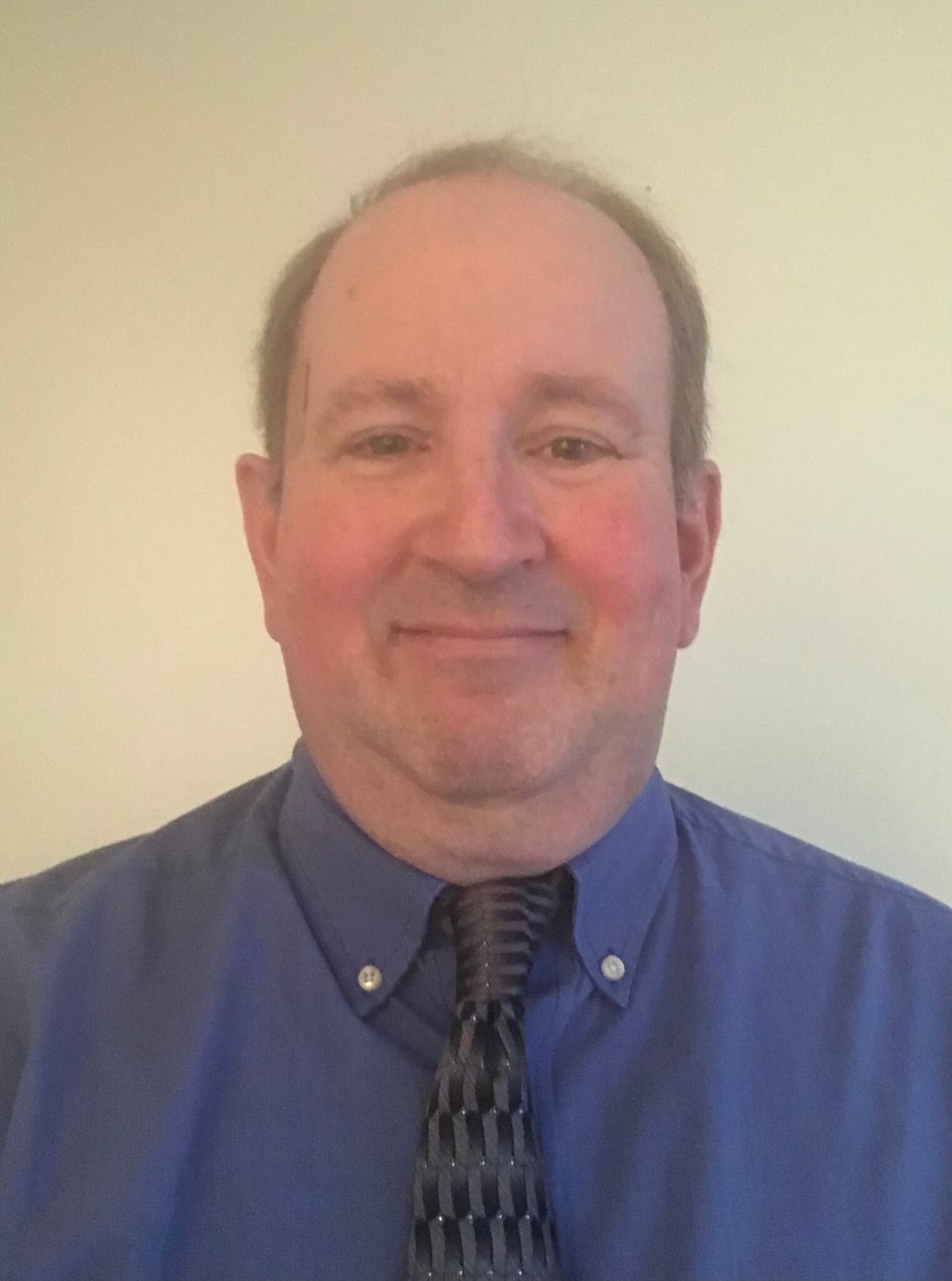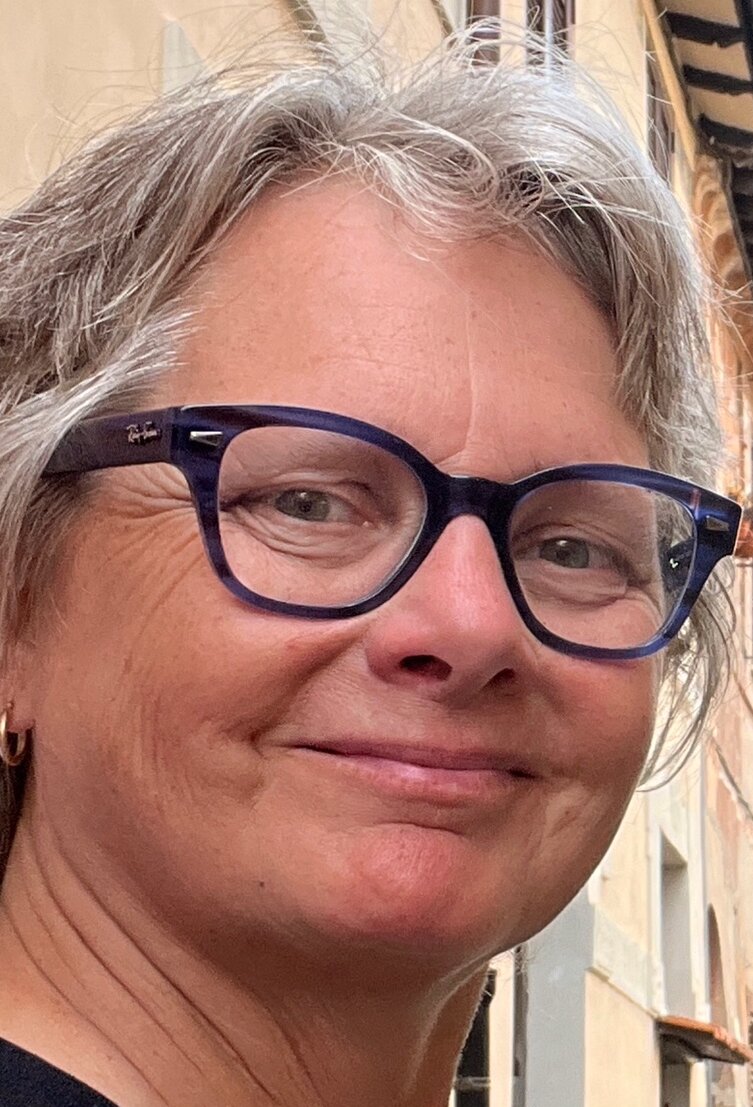Things are changing in Western Massachusetts for older adults, people with disabilities, and caregivers, alike! The Healey-Driscoll Administration has awarded LifePath over $450,000 for the creation of an innovative Community Engagement Center (CEC) where caregivers can find respite and information. In late fall, there’ll be a place for caregivers to connect, access services and supports, gain skills and resources, and receive help navigating social and healthcare systems. The CEC will also host a day program for up to 15 individuals. Priority will be given to older adults and people with disabilities who are eligible for MassHealth, however the program will be available to individuals of all income levels.
The creation of a space to provide engaging programming and give caregivers a break is vital; the pandemic decimated an already declining direct care workforce in Western Massachusetts and brought attention to a growing national crisis of lack of community care for older adults and people with disabilities. According to the Public Health Institute, turnover rates for caregivers are estimated to be between 40 to 60%—but high turnover is only a symptom of underlying problems. Caregivers deal with low wages, meager benefits, lack of advancement opportunities, and isolation. According to Rachel Broudy, physician and LifePath board member, the burden is “extraordinary, unlike anything we’ve ever seen.”
In late fall, there’ll be a place for caregivers to connect, access services and supports, gain skills and resources, and receive help navigating social and healthcare systems.
This lack of support has worsened following the closure of the only two adult day health programs in the area, formerly located in Greenfield and Athol. As local resources decrease, responsibilities placed on informal caregivers increase without stopping. Now, care is fragmented and loved ones are left providing daily medical and personal care without skills training or coaching. “In many cases,” said Sue Pratt, Executive Director and Founder of The Care Collaborative, “they have no other option.”
The severity of this situation is what motivated LifePath to found the CEC. “We started thinking about a center with belonging and inclusion as central tenets,” explained Broudy, “and we wanted it to be as non-medical as possible.” To accomplish this, LifePath is partnering with The Care Collaborative (TCC), a local non-profit that has served elders and their caregivers for over 20 years. TCC will host day programming at their newly renovated Sunderland location, which offers a large, well-lit gathering space, private meeting spaces, a fully-licensed massage practice, and a caregiver training skills lab. Pratt said, “All of the work originates from the foundational belief that, in order for elders to be well cared for and supported, they must have well supported caregivers.” With use of the grant, TCC will also be able to recruit and provide paid caregivers with respite care experience.
“We see the center as a one-stop shop for caregivers,” stated Diane Robie, Director of Client Services at LifePath. “We want caregivers—paid and unpaid—to know they are not alone.” To foster relationships, the Center will host a monthly community meal, as well as wellness activities such as yoga, massage, and Healthy Living workshops. Caregivers will have access to already existing support groups and the ability to create new ones according to demand. A multitude of other services—including office hours with a rotating staff of social workers, nurses, physicians, dementia coaches, case managers, caregivers, and other topic experts—are planned.
Individual caregivers will be able to pick and choose which, if any, activities fit their needs and schedules. Many events will be both in-person and virtual, and respite scholarships will be available so caregivers can attend scheduled events, or for other regular or emergent needs. The CEC model seeks to build caregiver resilience by giving a much-needed break, providing information and resources, creating relational ties with other caregivers, and tapping into each person’s strengths, talents, and expertise. Having a place of social engagement allows caregivers to take a break without having to worry that they are putting their loved one at risk. Extending that same compassionate care and engagement to caregivers reduces the stigma and fear that arises when reaching out for help. According to Pratt, “The Center will provide a place for people to come together, to express and share their challenges, receive meaningful support, and to be enriched with opportunities to contribute and benefit from the richness of talent, experience, expertise, and resources that exist in our community.”
The goal of the CEC is to include programs for caregivers, by caregivers. LifePath is seeking four or five caregivers to join an Advisory Committee to help design and curate events. The Advisory Committee members will meet one to two hours per month for in-person or virtual planning. There are countless possibilities for co-created programming, including use of art, music, and dance; writing and oral history; exercise, walking, and immersion in nature; field trips to local attractions; cooking and crafts; failure-free activities and projects to give back to the community; and meditation. Robie stressed the intergenerational potential of the activities, saying, “One day there might be elementary children joining for a music session, and another day high school students might be leading an activity on building birdhouses. We see this as an innovative approach to bridge fragmented systems of care and build strong and lasting relationships of support.”
LifePath’s administration hopes that the CEC will not only provide support for caregivers but allow “individuals to continue to age and remain in the community,” said Robie. “We want people to feel engaged and have a sense of purpose while attending the CEC.”
If you are interested in joining the Advisory Committee or would like to learn more about the Community Engagement Center, contact Diane Robie at 413-829-9152 or drobie@lifepathma.org. To learn more about caregiver resources, please call the Information and Caregiver Resource Center at 413-773-5555.





